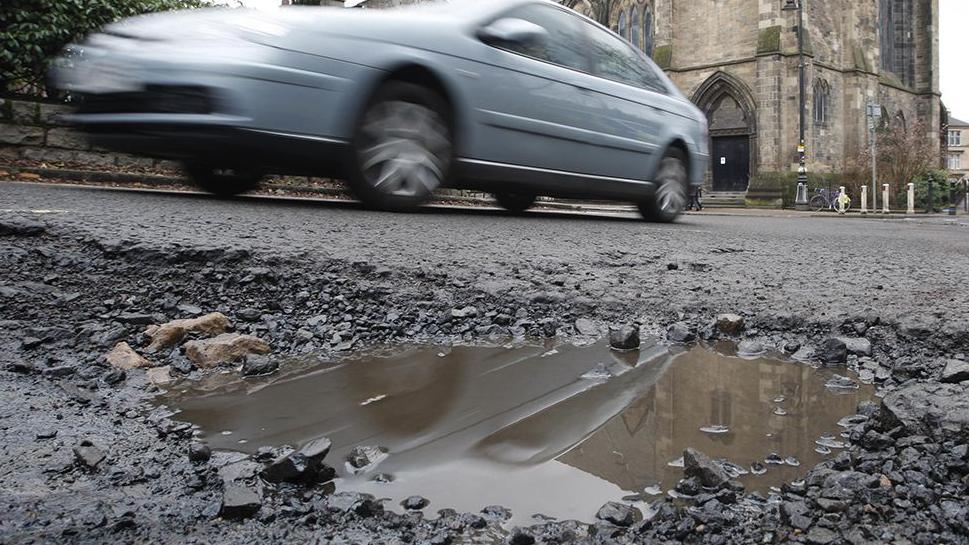Potholes and road defects fall by over 40% - council

The council has deployed a new piece of kit that fixes potholes by recycling existing material from within
- Published
The number of defects on Lancashire's roads and pavements - including potholes - has dropped by more than 40%, or 25,500 incidents, over the past year, a council has said.
Figures from Lancashire County Council showed the tally of faults awaiting repair had fallen to 35,514 in September 2025.
This was down from 61,063 when the same snapshot was taken 12 months earlier, a 42% drop.
The authority's Reform UK administration, which took control at County Hall in May, said the reduction was due to a revamp in the approach taken to fixing such faults.
The council, which is responsible for almost all non-motorway routes across Lancashire, except in Blackpool and Blackburn with Darwen, which have their own local authorities, switched in June to employing a single company to carry out its routine pothole patch-ups.
Cabinet member for highways and transport Warren Goldsworthy told the Local Democracy Reporting Service the new arrangement had brought down the cost of repairs.
He said they had gone from up to £150 per sq m under the various day rates charged by the multiple contactors the authority had previously used, to £95 per sq m.
"What that means is, I can [fix] a third more potholes for the same money," he added.
'Really confused'
Goldsworthy said one of the biggest changes residents would notice as a result was that clusters of potholes in close proximity to each other were now being filled-in in one visit and were guaranteed to last for at least a year.
The average repair area for each defect had tripled and now amounted to 6 sq m (65 sq ft), compared to 2 sq m (22 sq ft) 12 months ago.
"The electorate would be really confused when we went and did a pothole and within 5ft (1.5m) there were four other potholes [that were left unattended]," he said.
During the 2024/25 financial year, which ended in April, a total of just under 115,000 road and pavement defects were dealt with across the county council area – a 52% increase over a five-year period.
The authority has previously blamed increasingly wet winters on the crumbling condition of the roads each spring - particularly in 2024 when highways bosses said the network had been "saturated" for around six months.
Get in touch
Tell us which stories we should cover in Lancashire
Listen to the best of BBC Radio Lancashire on Sounds and follow BBC Lancashire on Facebook, external, X, external and Instagram, external. You can also send story ideas via Whatsapp to 0808 100 2230.
Related topics
More like this story
- Published9 August 2024
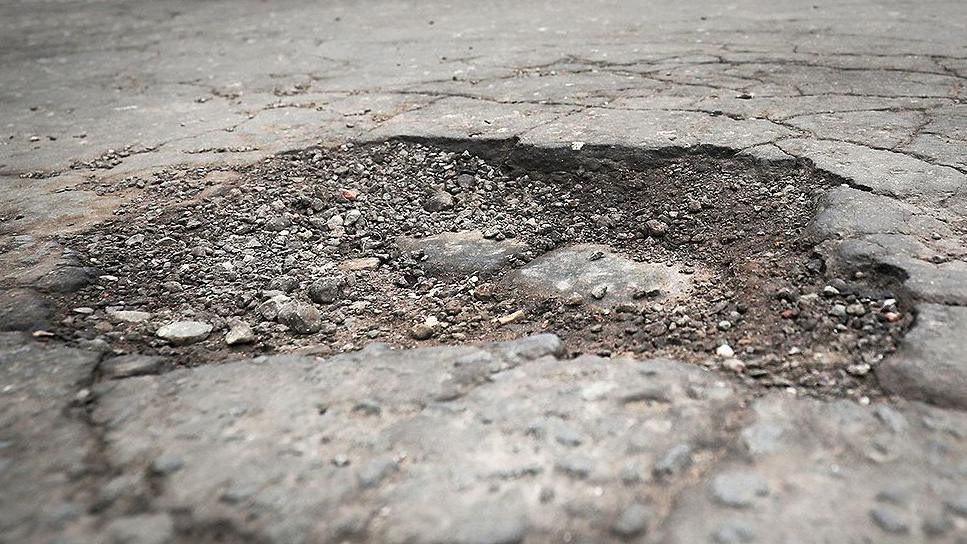
- Published9 March
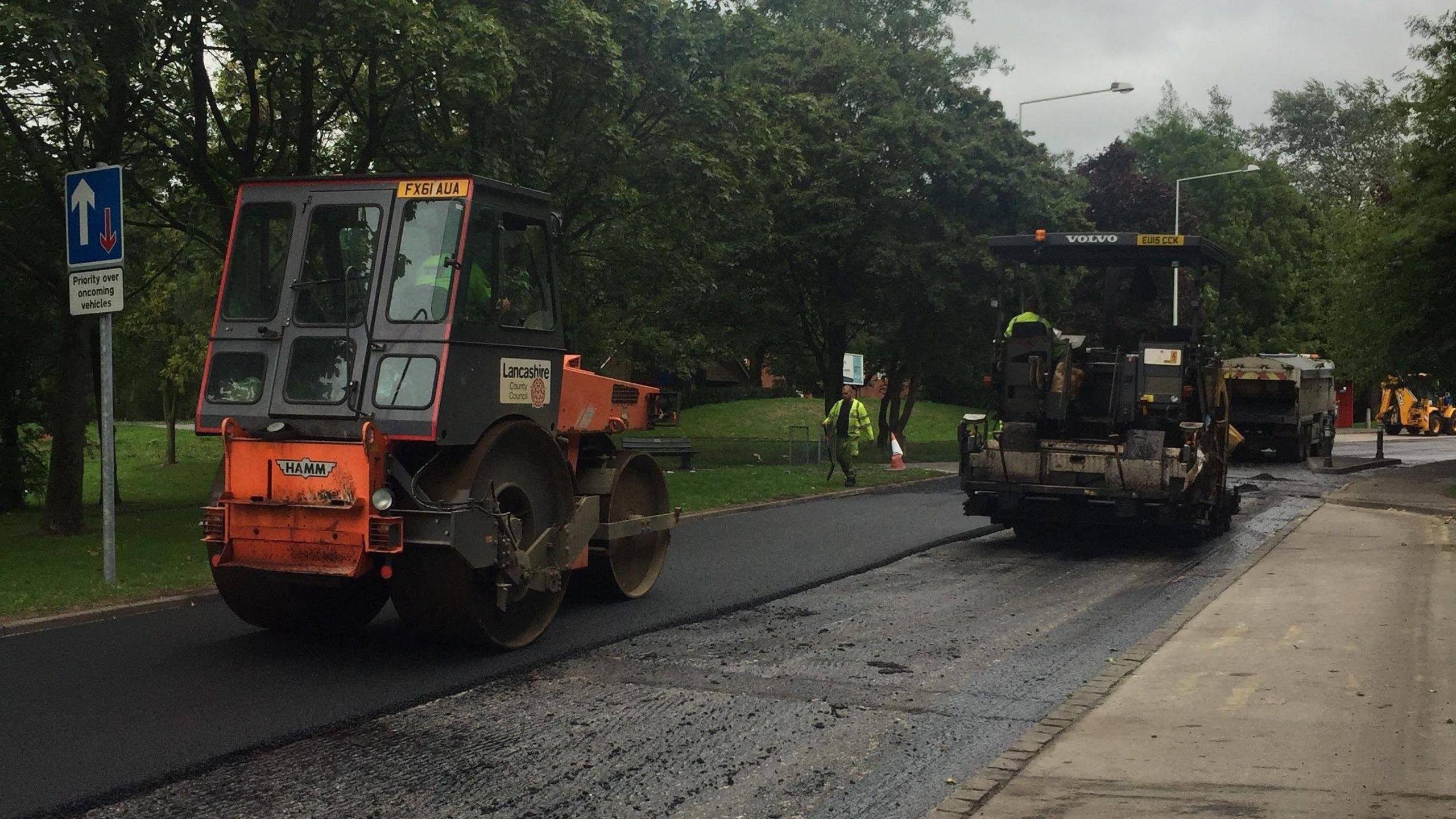
- Published6 January
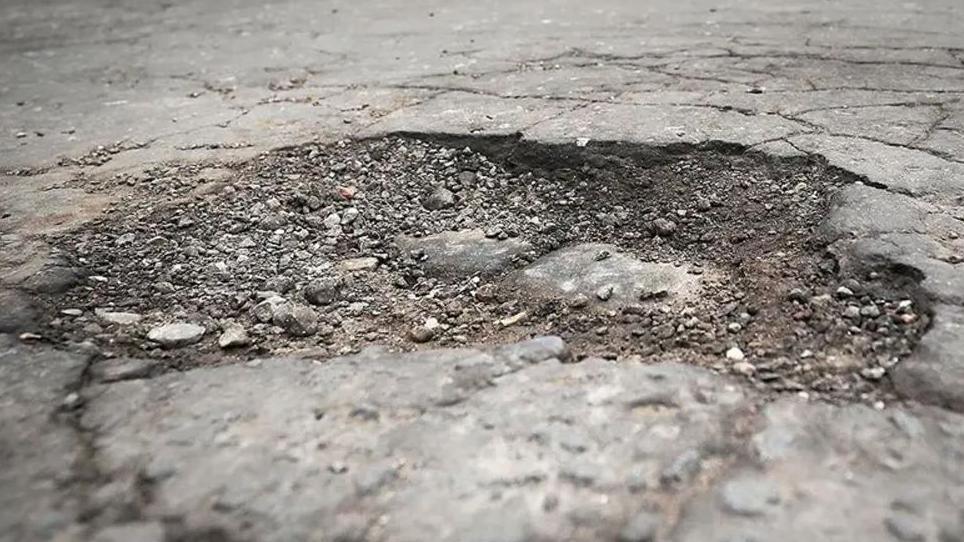
- Published22 May 2024
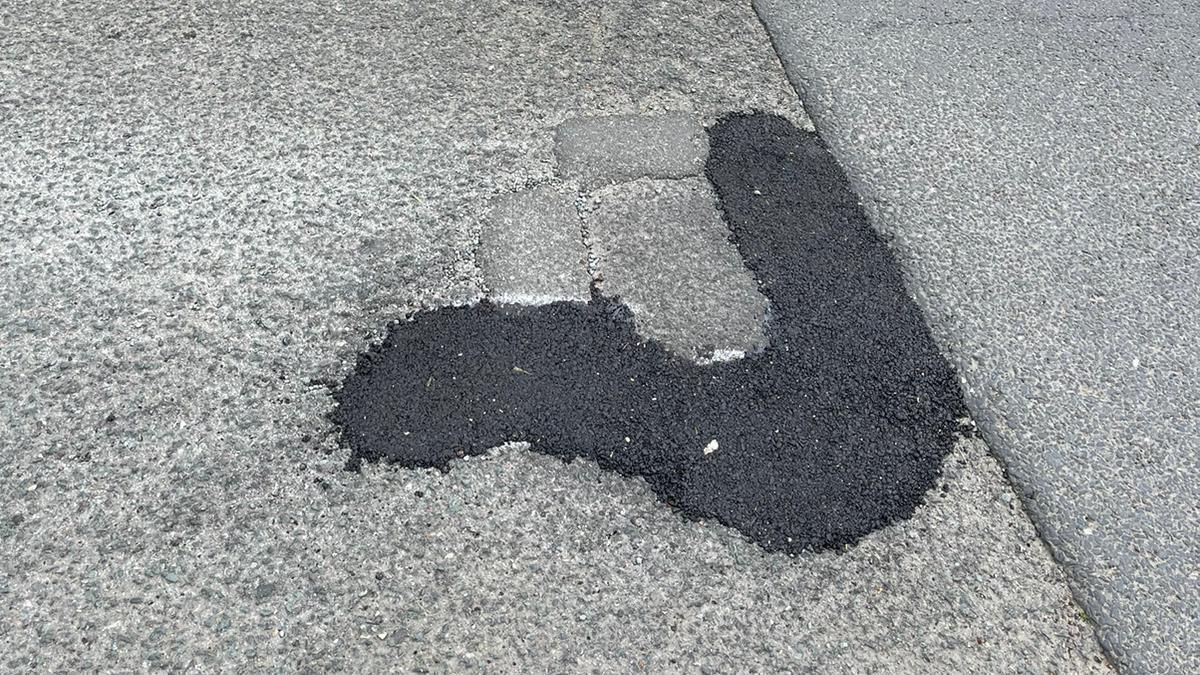
- Published13 October 2024
